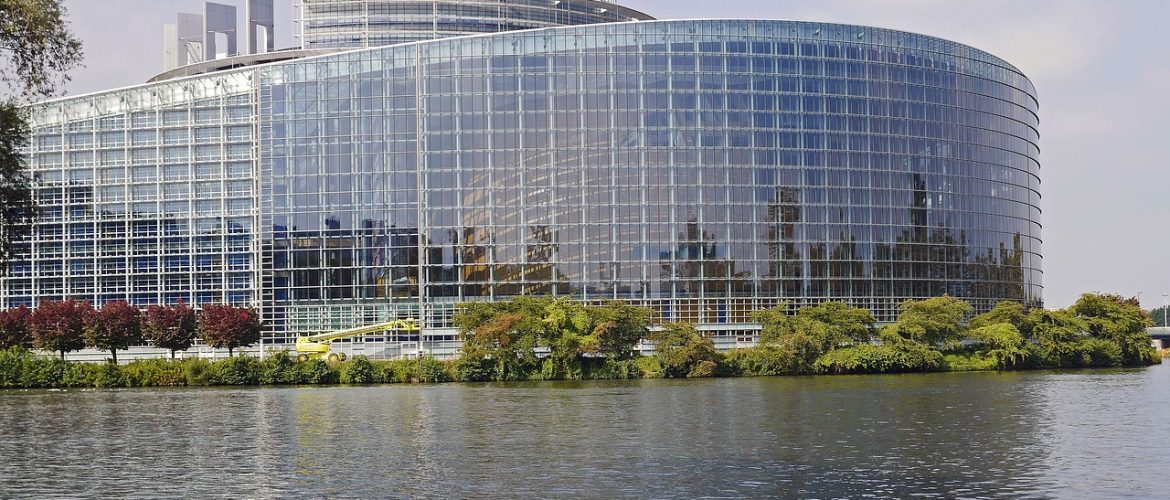Ιn an op-ed published on the Sustainable Views newsletter of the Financial Times (16/9), the leaders of the Think Sustainable Europe network emphasize the need for the Clean Industrial Deal to address social and environmental concerns, beyond the EU’s focus on competitiveness and security.
While the ΕU’s new strategic agenda prioritizes economic strength in response to geopolitical challenges, this should not come at the expense of long-term sustainability and citizen well-being. The social and environmental benefits of the Clean Industrial Deal must be made central to its design, to ensure it not only transforms the EU economy but also improves the lives of citizens.
Three key areas are identified for achieving these goals. First, the EU should adopt industrial policies that promote innovation, regulatory frameworks and clear environmental objectives.
Second, the EU must build international partnerships rather than taking a protectionist stance. These partnerships will help Europe secure the resources it needs while addressing global environmental challenges.
Finally, the authors οf the op-ed stress that the EU’s social model can serve as a competitive advantage and advocate for a more integrated approach that bridges economic, social, and environmental goals, enabling Europe to lead in global sustainability efforts while ensuring the well-being of its citizens.
The op-ed was signed by:
- Eero Yrjö-Koskinen, Institute for European Environmental Policy (IEEP), Belgium
- Sébastien Treyer, Institute for Sustainable Development and International Relations (IDDRI), France
- Nathalie Bernasconi-Osterwalder, IISD Europe, Switzerland
- Ioli Christopoulou, The Green Tank, Greece
- Vit Dostál, Association for International Affairs (AMO), Czech Republic
- Christoph Heinrich, Ecologic Institute, Germany
- András Kéri, Energiaklub Climate Policy Institute, Hungary
- Alexander Müller, TMG Think Tank for Sustainability, Germany
- Måns Nilsson, Stockholm Environment Institute (SEI), Sweden
- Maria José Sanz, Basque Centre for Climate Change (BC3), Spain
Υou can read it here.



